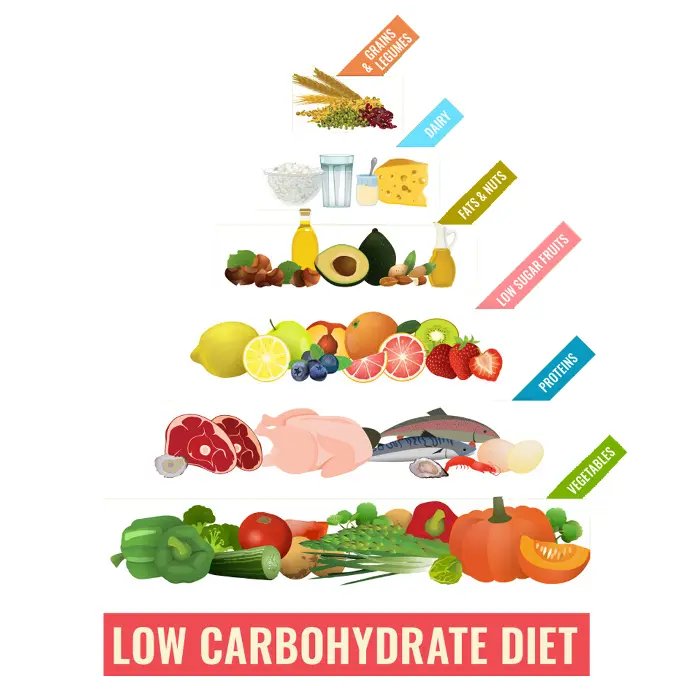Insulin resistance is a condition where the body's cells become less responsive to the hormone insulin, leading to elevated blood sugar levels. This can eventually result in type 2 diabetes and other health complications. However, diet plays a crucial role in managing and potentially reducing insulin resistance. Here, we explore the causes of insulin resistance and how specific foods and dietary patterns can help combat it.
How a Low Carbohydrate Diet Can Help
A low carbohydrate diet focuses on reducing the intake of carbohydrates, particularly refined carbs and sugars, and replacing them with healthy fats and proteins. This dietary approach can significantly impact insulin resistance in several ways and will also aid the weight loss process.
This type of diet has gained popularity for its potential benefits in weight loss, blood sugar control, and improving overall health.
Carbohydrates are one of the three main macronutrients, along with proteins and fats. They are the body's primary source of energy and are found in a variety of foods, including:
- Sugars: Found in fruits, vegetables, milk, and sweetened foods and drinks.
- Starches: Found in foods like bread, pasta, rice, and potatoes.
- Fiber: Found in fruits, vegetables, whole grains, and legumes.

Types of Low Carbohydrate Diets
There are several variations of low carbohydrate diets, each with its own specific guidelines and carbohydrate limits:
1. Ketogenic Diet (Keto)
- Carb Intake: Typically limited to 20-50 grams per day.
- Focus: High fat, moderate protein, and very low carbohydrates to induce a state of ketosis, where the body burns fat for energy.
2. Atkins Diet
- Phases: Begins with very low carb intake (20 grams per day) and gradually increases carbs over several phases.
- Focus: High protein and fat with a gradual reintroduction of carbs.
3. Paleo Diet
- Carb Intake: Not strictly limited, but focuses on whole foods and excludes grains, legumes, and processed foods.
- Focus: Emphasizes lean proteins, fruits, vegetables, nuts, and seeds.
4. Low-Carb, High-Fat (LCHF) Diet
- Carb Intake: Typically limited to 50-100 grams per day.
- Focus: High fat and moderate protein intake with a reduction in carbohydrates.
Foods to Eat on a Low Carbohydrate Diet
1. Non-Starchy Vegetables
- Leafy greens, broccoli, cauliflower, and bell peppers.
2. Proteins
- Meat, poultry, fish, eggs, and plant-based proteins like tofu and lentils
3. Healthy Fats
- Avocados, olive oil, nuts, seeds, and fatty fish.
4. Dairy
- Cheese and yogurt
5. Low-Carb Fruits
- Berries, such as strawberries, blueberries, and raspberries, in moderation.
Foods to Avoid on a Low Carbohydrate Diet
1. Sugary Foods and Drinks
- Sodas, candies, pastries, and sweetened beverages.
2. Grains and Starches
- Bread, pasta, rice, and potatoes.
3. Processed Foods
- Snack foods, sugary cereals, and processed meats.
4. High-Carb Fruits
- Bananas, apples, oranges, and grapes.
Conclusion
Insulin resistance is a manageable condition, and dietary changes can play a pivotal role in reducing its impact. By focusing on a Low Carbohydrate diet rich in whole foods, healthy fats, lean proteins, and fiber, you can improve your insulin sensitivity and overall health.